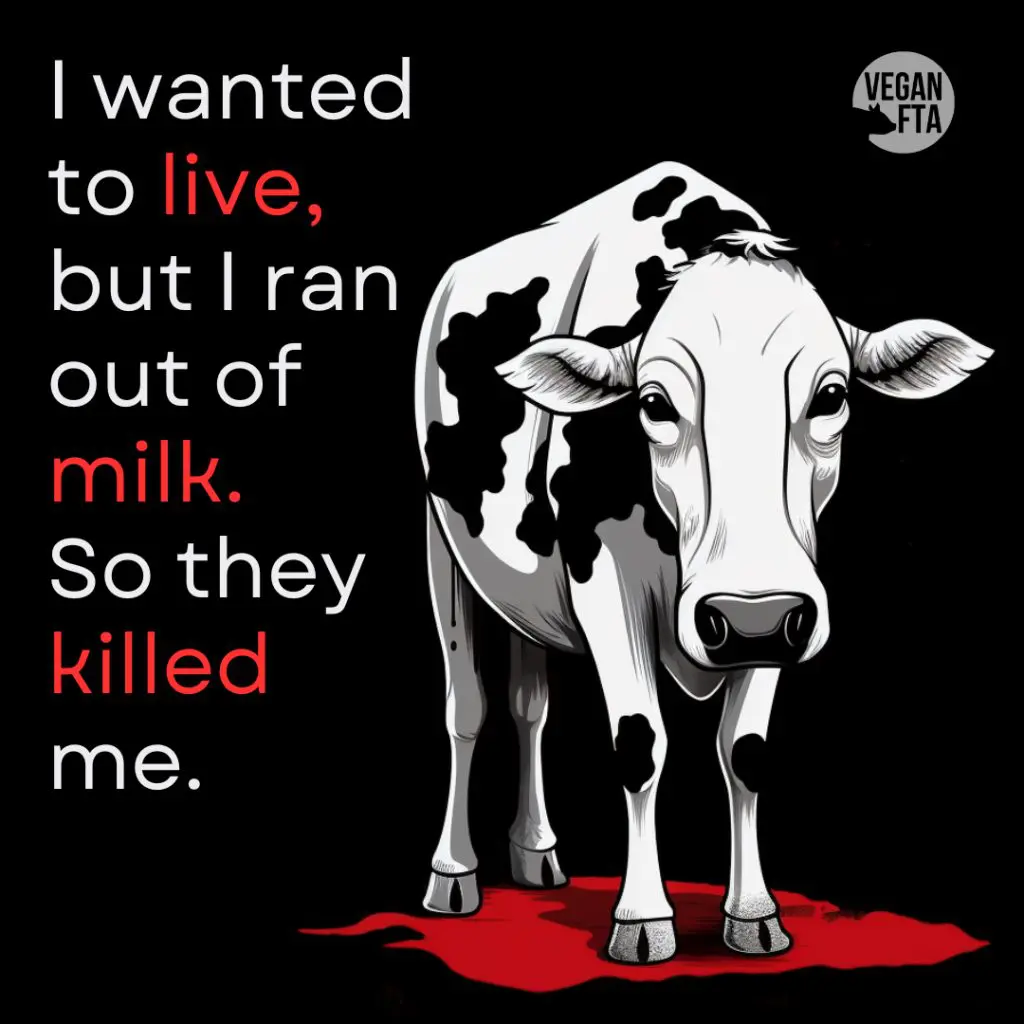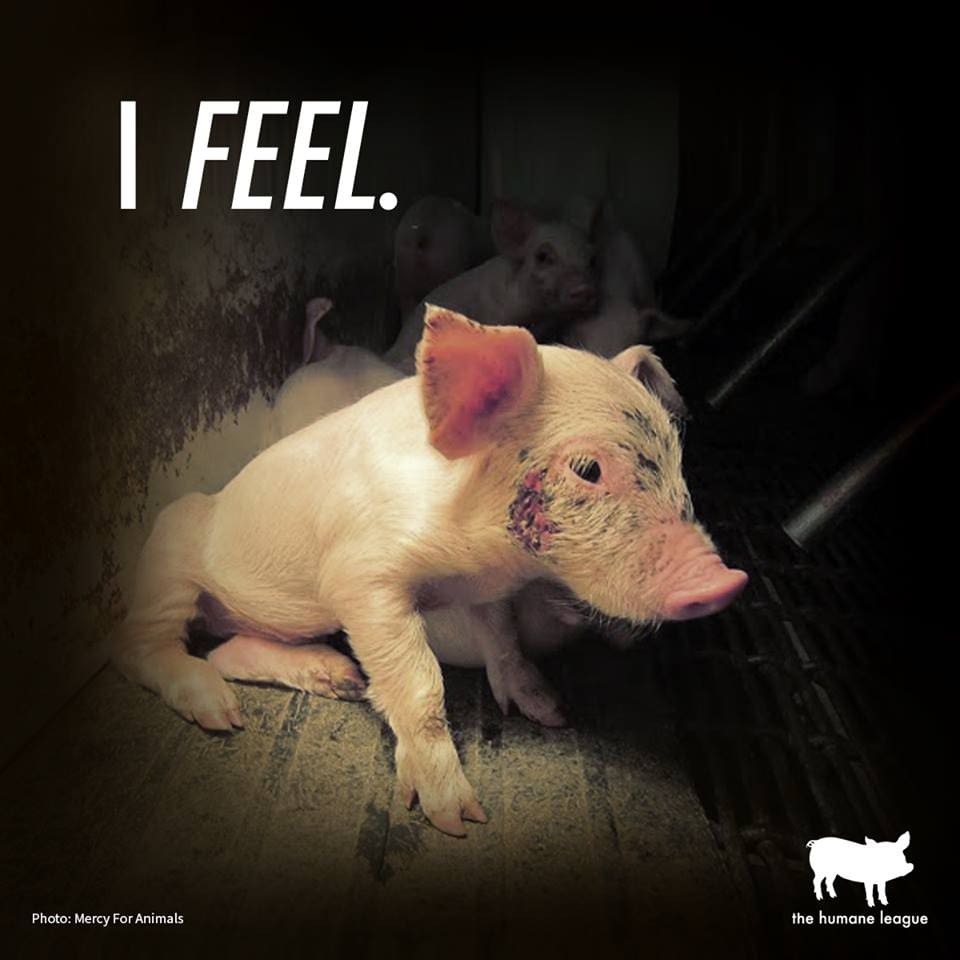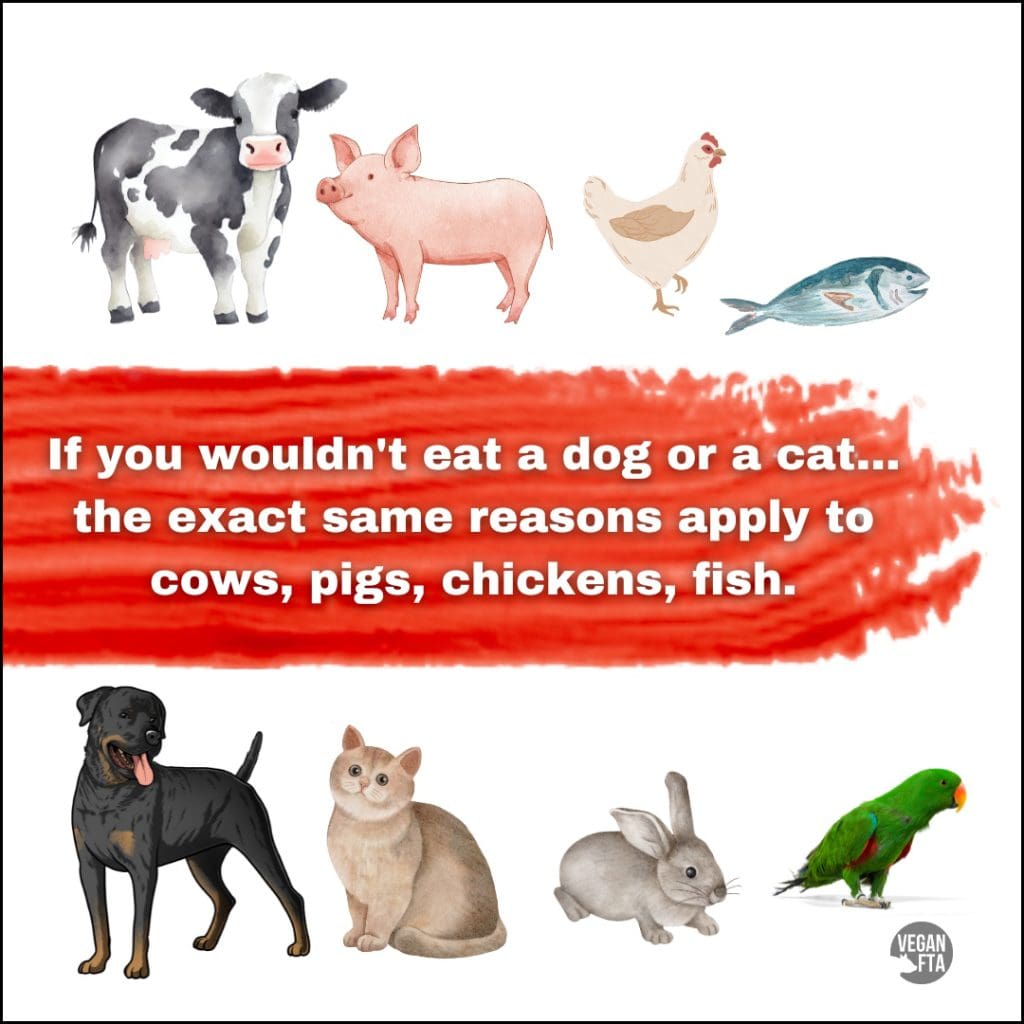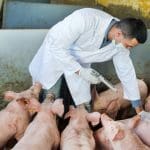Isn’t it wonderful to have a glass of cold milk or to savor a delicious cheese sandwich? Many of us rely on dairy and meat products as staples in our diets, but have you ever stopped to consider the hidden cruelty that lurks behind these seemingly innocent treats? In this curated post, we will uncover the shocking realities of the dairy and meat industry, shedding light on the often overlooked suffering endured by animals for our consumption. It’s time to challenge our perspectives and explore alternatives that can help minimize this hidden cruelty.
The Dairy Industry: A Closer Look at Milk Production
The dairy industry, while providing us with an abundance of milk, butter, and cheese, unfortunately, relies on exploitative practices that lead to immense animal suffering. Let’s delve into the disturbing truths behind milk production:

Dairy Production: Exploitative Practices Leading to Animal Suffering
Cattle Confinement and Lack of Natural Behavior Expression: Most dairy cows are subjected to a life of confinement, spending their days in crowded and unsanitary conditions. They are often denied the opportunity to graze on grass, which is a natural behavior essential for their well-being. Instead, they are often confined to concrete stalls or indoor pens, causing immense physical and emotional distress.
The Painful Reality of Artificial Insemination: To maintain continuous milk production, cows are routinely artificially inseminated. This invasive procedure is not only physically traumatic but also emotionally distressing for these sentient beings. The repeated impregnation and separation from their calves take an emotional toll on mother cows who form deep bonds with their young.
Forceful Weaning and Separation of Mother and Calf: One of the darkest aspects of the dairy industry is the cruel separation of mother cows from their newborn calves. This traumatic disruption of the mother-calf bond occurs shortly after birth, causing significant distress to both mother and calf. The calves, often considered by-products of the industry, are either slaughtered for veal or raised as replacements for their mothers.
Environmental Toll: The Impact of Intensive Dairy Farming
Pollution, Deforestation, and Greenhouse Gas Emissions: Intensive dairy farming practices have dire consequences for the environment. The excessive waste generated from large-scale operations poses a significant risk to soil and water quality, contributing to pollution of our ecosystem. Moreover, the expansion of dairy farms leads to deforestation, exacerbating climate change by releasing immense amounts of greenhouse gases into the atmosphere.
The Depletion of Natural Resources: The amount of water, land, and feed required to sustain the dairy industry is staggering. The lush pastures that once thrived are now being converted into acres of monoculture crops to feed the growing number of dairy cows. This not only depletes valuable resources but also disrupts ecosystems and undermines biodiversity.
The Overuse of Antibiotics and Growth Hormones: To meet the demands of a relentless market, the dairy industry resorts to the routine use of antibiotics to prevent and treat diseases associated with intensive farming. This misuse of antibiotics contributes to antimicrobial resistance, posing a risk to human health. Additionally, cows are often injected with growth hormones to increase milk production, further compromising their welfare.

Understanding the Meat Industry: Factory Farming Exposed
When it comes to meat production, factory farming is the backbone of the global industry. This system prioritizes profit over welfare, subjecting animals to unimaginable suffering. Let’s take a closer look:
Factory Farming: The Conditions in which Animals are Bred, Raised, and Slaughtered
The Suffering Caused by Crammed Spaces and Unsanitary Environments: In factory farms, animals are crammed together in overcrowded spaces, with little room to move or engage in natural behaviors. Pigs, chickens, and cows are confined to tiny cages or pens, leading to physical injuries and psychological distress.
The Routine Use of Antibiotics and Growth-Promoting Drugs: In order to combat the unsanitary and stressful living conditions prevalent in factory farms, antibiotics and growth-promoting drugs are administered on a routine basis. As a result, these substances end up in the meat we consume, contributing to the growing threat of antimicrobial resistance.

Ethical Implications: The Moral Dilemma of Consuming Factory-Farmed Meat
The Violation of Animal Rights and Sentience: Factory farming prioritizes profit at the expense of animal welfare. Animals, capable of feeling pain, fear, and joy, are reduced to mere commodities. This practice violates their basic rights to live free from unnecessary suffering and degrades their inherent worth as living beings.
The Potential Health Risks for Humans Consuming Poorly Raised Animals: The unsanitary conditions present in factory farms create a breeding ground for diseases. Eating meat from sick animals raised in these environments increases the risk of foodborne illnesses, posing a significant threat to human health.
The Link Between Factory Farming and Zoonotic Diseases: The confinement and stress endured by animals in factory farms create ideal conditions for the transmission and mutation of diseases. Past outbreaks, such as avian influenza and swine flu, serve as stark reminders of the potential consequences of our reliance on intensive meat production.
The Need for Change: Exploring Sustainable and Ethical Alternatives
Fortunately, a growing movement is challenging the status quo and demanding change in how our dairy and meat products are produced. Let’s explore some alternatives that promote animal welfare and protect our environment:
A Rising Tide: The Demand for Cruelty-Free Dairy and Meat Products
The Growth of Plant-Based Milks and Dairy Alternatives: Plant-based milks, such as almond, soy, and oat milk, offer a compassionate and sustainable alternative to traditional dairy. These alternatives are devoid of the ethical concerns associated with the dairy industry while still providing a wide range of flavors and textures for your morning cereal or creamy latte.
The Surge in Popularity of Meat Substitutes and Lab-Grown Meat: Innovations in the food industry have paved the way for delicious and realistic meat substitutes. Brands like Beyond Meat and Impossible Foods are revolutionizing the way we perceive plant-based proteins. Moreover, advancements in cultured or lab-grown meat offer a promising future where meat can be produced without the need for animal suffering.
Embracing Conscious Consumerism: Making Informed Choices to Combat Cruelty
The Importance of Reading Labels and Selecting Certified Humane Products: When shopping for dairy and meat products, be sure to read labels and look for certifications that indicate the humane treatment of animals. Organizations like the Certified Humane label provide assurance that animals were raised using ethical practices.
Supporting Local Farmers and Organic, Grass-Fed Animal Products: Choosing locally sourced meat and dairy products from small-scale farmers can help support sustainable agricultural practices and ensure better animal welfare. Seek out organic and grass-fed options, as these tend to prioritize the well-being of animals and the environment.
Incorporating More Plant-Based Options Into Your Diet: While transitioning to a fully plant-based diet may seem daunting, even incorporating more plant-based meals can have a significant positive impact. Experiment with new recipes, explore diverse flavors, and discover the joy of cruelty-free dining.
Conclusion:
We have now shed light on the hidden cruelties that exist within the dairy and meat industry, posing important questions about our dietary choices. Armed with this knowledge, it is up to us to make conscious and informed decisions that align with our values. Let’s strive for a future where compassion and sustainability prevail, paving the way for a world where animals are treated with respect and their suffering in the name of our favorite foods is no longer tolerated.
















































